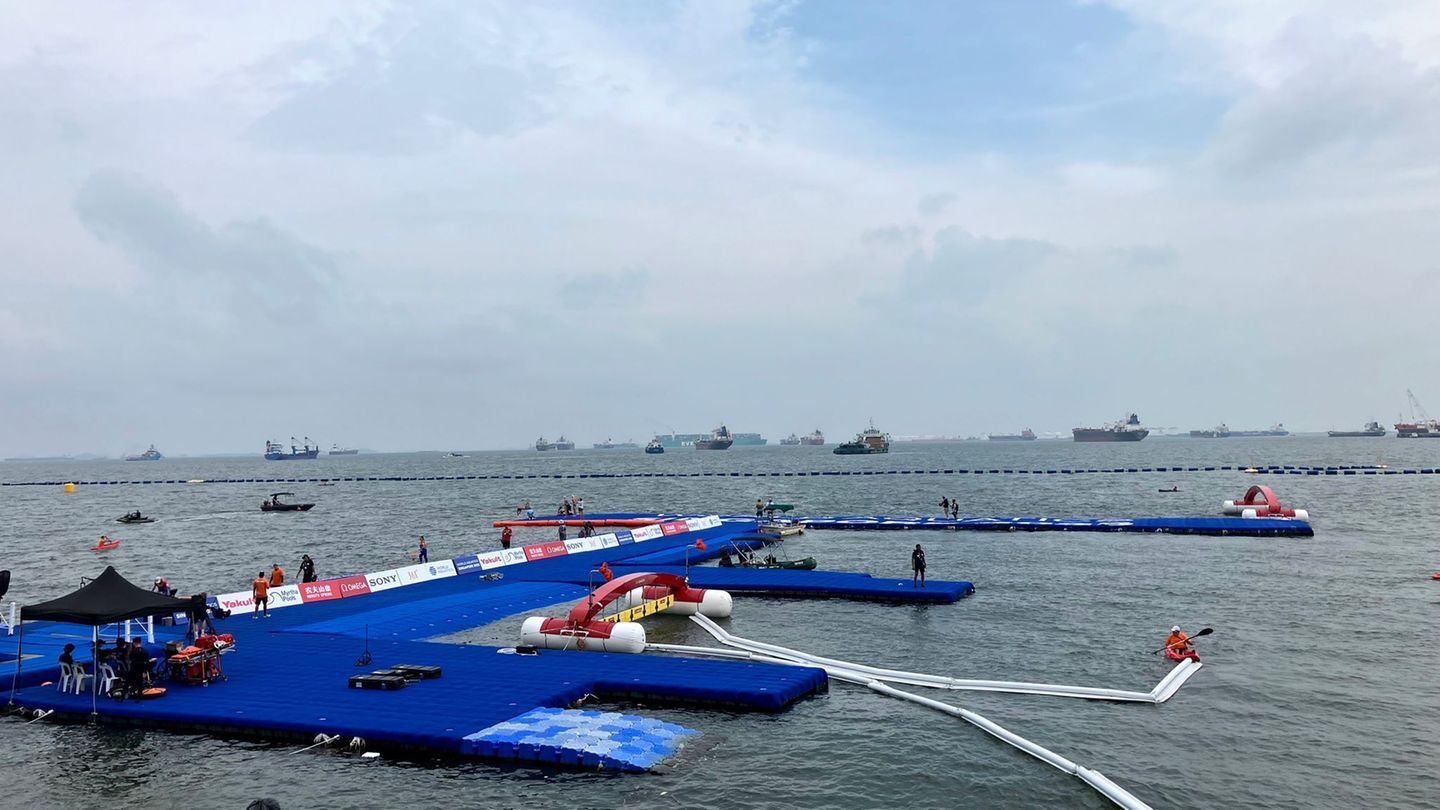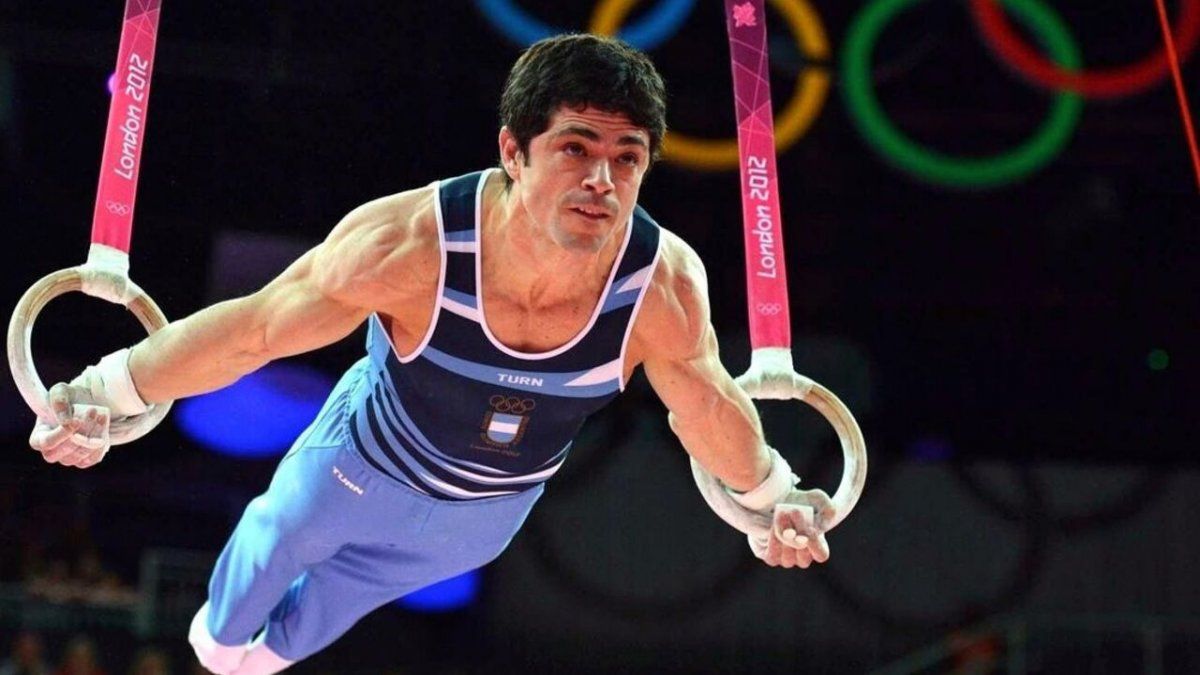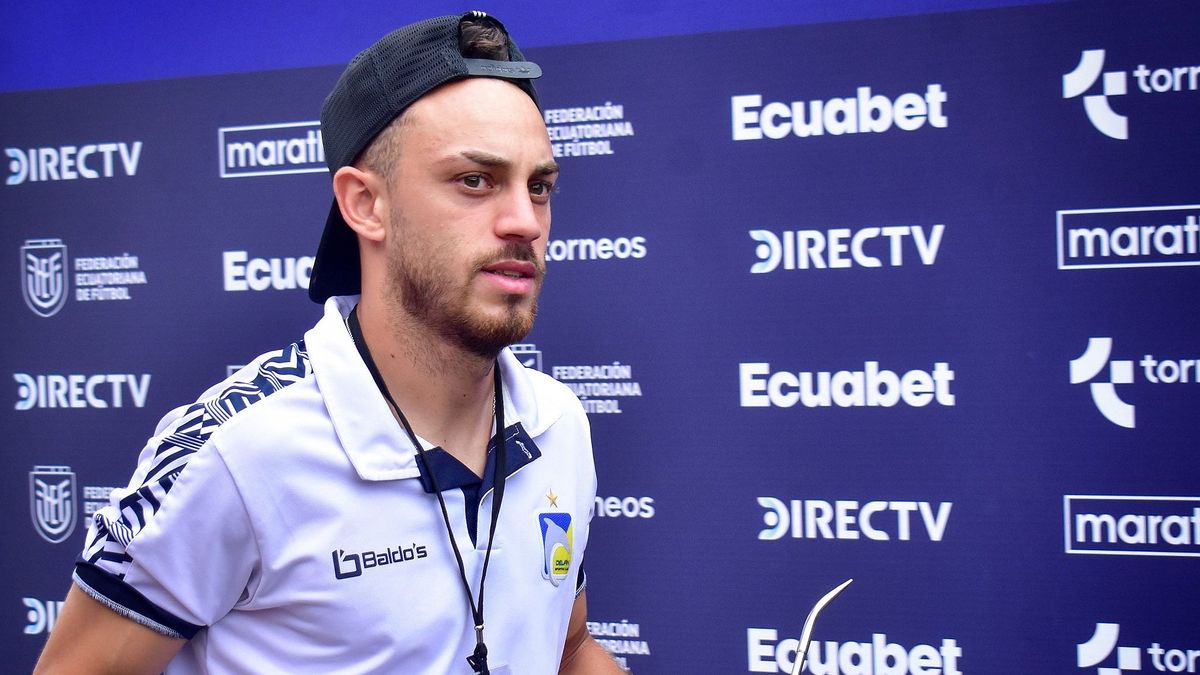Uli Hoeneß is one of the most contentious officials in the football business – and one of the most successful. About the life of the FC Bayern legend.
For decades, observers of the Bundesliga would hardly have believed that Uli Hoeneß, who celebrates his 70th birthday this Wednesday (5.1.), Would be milder with age. In his legendary angry speech at the 2007 annual general meeting of FC Bayern, he was already approaching 60. But since then a lot has happened in Uli Hoeneß’s life, some of it away from the spotlight. How the kicking butcher’s son became one of the most deserving sports officials in the world – and he finally found a certain humility.
As a young player already a top performer
Uli Hoeneß was born on January 5th, 1952 in Ulm. His parents Erwin and Paula had a butcher shop, but the great passion for Uli and his brother Dieter (68) was football. At the age of 15, Hoeneß met his long-time companion and confidante Paul Breitner (70): The two made the leap into the youth national team, which was trained by none other than Udo Lattek (1935-2015). When he became Bayern coach in 1970, he didn’t hesitate and put his former protégés Hoeneß and Breitner alongside the grandees of Franz Beckenbauer (76), Sepp Maier (77) and Gerd Müller (1945-2021).
In terms of sport, Bayern succeeded in almost everything in the following period: From 1972 to 1974, FCB won three championship titles in a row, Hoeneß and Müller formed the most dangerous storm duo in Europe. In 1974 the Munich team was the first German club to win the national champions’ cup, and Hoeneß scored twice in the final against Atletico Madrid. In the middle of this wedding of Hoeneß’s still young career, the low blow follows: In the final of the national championship cup in 1975, the winger seriously injured his knee. Although Hoeneß fought his way back onto the pitch, he could not find his way back to his old strength. His sporting career ended when he was only 27.
The second career path: Germany’s youngest Bundesliga manager
From then on it was a matter of finding a new job for the young Uli Hoeneß. On May 1, 1979, he switched to the management of Bayern and because a certain Rudi Assauer (1944-2019) resigned as a full-time manager, Hoeneß became the youngest club manager in the Bundesliga. “Everything that I then implemented, I did according to the motto: Learning by doing,” says today’s honorary president of Bayern, looking back at the beginning of his managerial career in Munich. “Those were wonderful times, I don’t want to miss them”, Hoeneß remembers in one episode of this time.
Hoeneß imported the marketing and merchandising principles from the USA, and FC Bayern quickly generated additional millions per year. The only thing he didn’t make friends with his work was from the start: VfB Stuttgart accused Hoeneß as early as February 1979 of aggressively poaching players. Including his brother Dieter, who actually moved to Munich in the summer. Hoeneß won the title in his first year as manager, with the storm duo around Paul Breitner and Karl-Heinz Rummenigge (66), who had previously returned from Braunschweig, playing a key role.
The greatest successes – without the greatest money
Under Hoeneß’s sporting leadership, FC Bayern won a total of 16 German championships between 1980 and 2008, the DFB Cup nine times and the UEFA Cup in 1996. It was to take longer to win the national champions’ cup (later the Champions League): the finals in 1982 (1: 1 against Aston Villa), 1987 (2: 1 against FC Porto) and 1999 (2: 2 against Manchester United) all went lost. It was only in 2001 that Bayern brought the handle pot to Munich – thanks to a win on penalties against FC Valencia. Today’s sports director of FC Bayern, Hasan Salihamidžić (45), also sank a penalty. Another milestone during this time was the construction of the Munich Allianz Arena from 2001 to 2005, which FC Bayern still owns as the sole owner to this day.
Starting in 2009, the signs of his work changed for Hoeneß: With 99.3 percent of the votes, he was elected President and Chairman of the Supervisory Board of FC Bayern at the annual general meeting, replacing Franz Beckenbauer. In this role, Hoeneß drove the economization of football in Germany, always with the aim of being internationally competitive. With a view to Paris Saint-Germain or Manchester City, he says today: “That is an additional attraction for me. To show them: Your shitty money – that’s not enough.”
Arguable and argumentative – then came prison
Thanks to polarizing statements like this – and probably also because of the ongoing success – Hoeneß was the focus of controversy throughout his career. The long-term feud with Werder Bremen’s Willi Lemke (75), the public cocaine dispute with Christoph Daum (68) or the row with his long-time companion Paul Breitner, who could only be cemented again through the death of Gerd Müller: Hoeneß always showed clear edge and never avoided confrontation. “Always”, as he always emphasized, “in the interests of FC Bayern”. The fact that Hoeneß pursued his private financial interests via a Swiss numbered account caused a far-reaching break from 2013. There were charges of tax evasion, Hoeneß waived an appeal, spoke of the “mistake of his life” and was imprisoned for almost two years.
“What did that do to me? I felt great humility about how life can be like this. I have learned to be happy about little things, with very few moments of happiness,” Hoeneß looks on in an interview with the sports information service SID The beginning of his birthday week goes back to his time in prison. This was confirmed in 2019 by long-time arch-rival Willi Lemke in an open letter to Hoeneß, in which he reported on a non-public meeting in the FC Bayern office: “We had a very nice chat and I got to know you from a side that I did would never have suspected of yourself: You could also be humble. “
Always working to the limit – and thus changing the Bundesliga
Hoeneß is divided on the fact that Hoeneß’s decades of work have led to imbalances in the Bundesliga, his Bayern have the tenth Bundesliga championship in a row in the current season. On the one hand, he proudly says: “We have worked for that!” On the other hand, he doesn’t misjudge the sporting problem for the Bundesliga: “I’m not happy either when I see that if we lead 1-0, not much can happen anymore. I don’t like that either. Games like in Kaiserslautern, 4 : 1 led, 7: 4 lost – I miss that too. But I can’t change it. “
What Hoeneß could change, however, was his view of himself and the future of FC Bayern. When there was a tangible uproar at the annual general meeting at the end of 2021 because of an advertising deal with Qatar, Hoeneß was seething, but the microphone that was switched off thwarted his plans: “As I know myself, my words would have come out of me emotionally – and Even if I had meant well in terms of FC Bayern, it would probably have been counterproductive in this atmosphere. ” But this time, the gentleness of old age came before Hoeneß: “In the time it took to turn the microphone back on, the impulse came up in my head, no, that doesn’t fit now.”
The great maker of FC Bayern will celebrate his 70th birthday with a small family, because of the corona virus. Bigger things are planned for the summer: “I hope that we can have a big party in June, when my wife turns 70 too.”
Source From: Stern
I am a 24-year-old writer and journalist who has been working in the news industry for the past two years. I write primarily about market news, so if you’re looking for insights into what’s going on in the stock market or economic indicators, you’ve come to the right place. I also dabble in writing articles on lifestyle trends and pop culture news.




